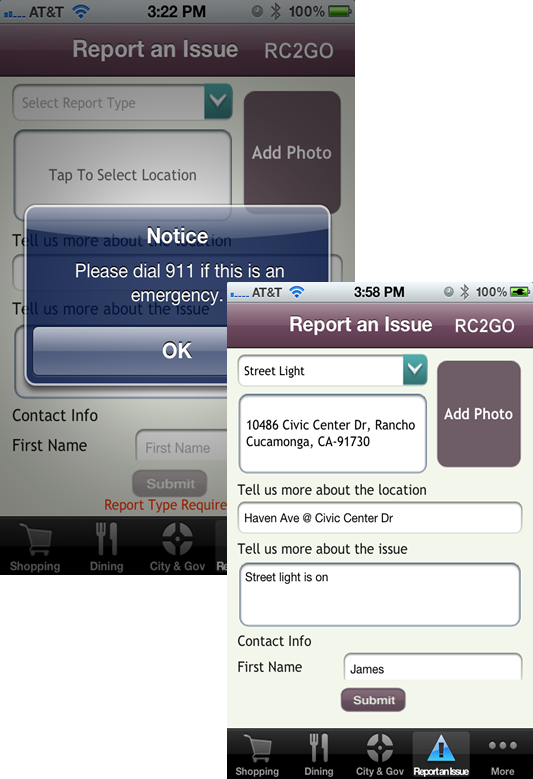
Local government leaders and managers work very hard to create efficient, effective, and meaningful public services. Every innovation is filled with great hopes and expectations. That is why I am urging us to be mindful of the outcomes and unintended consequences of the next great idea…or app.
In April, I joined a dozen other ICMA members from around the country for an ICMA/ESRI White Board exercise at the ESRI campus in Redlands, California. ESRI, a long-term ICMA Strategic Partner, is a geographic information systems industry leader. ESRI’s ability to marry maps with data has created a perfect incubator for future innovation. One of the areas where ESRI has been an innovator is the development of mobile phone apps for local governments and they hope to leverage this experience at the ICMA Annual Conference in September through a hackathon.
Now, nothing gets a baby boomer city manager’s heart racing more than the idea of a “hackathon,” although prior to my joining the city of Menlo Park, home to Facebook and other technology innovators, I thought a hackathon was something you did to the Thanksgiving turkey. As I have learned, a hackathon is a process where technology innovators solve problems by hacking data sets. For public agencies, and in its simplest design, a hackathon might take a data set related to Type 1 crimes and marry it to elements of geography and time to better understand crime statistics in a certain neighborhood which can then lead to the discovery of new and more effective solutions or strategies for solving complex problems.And, as we are learning, they can create an app for that!
At the ICMA/ESRI White Board exercise we learned about emerging trends in mobile application development and provided input on the value and characteristics of successful mobile app development. Perhaps one of the most ubiquitous apps for public agencies is the “pothole” app where users notify a public works agency, through the GIS locator on a smart phone, of the location of a particular pothole. The public works agency then incorporates this information into a street maintenance system for “problem solving” (aka fixing). Some apps go as far as allowing the integration of pictures and commentary about the identified pothole. The pothole app best demonstrates the viability of smart phone technology for local government benefit. A wide array of apps is available to public agencies that offer more sophisticated uses.
This kind of technology has proven it can better link government agencies to residents–and that is a good thing. For me, however, the concern lies with setting expectations for service delivery. Take the pothole app – let’s say that a previously unengaged Gen Y resident repeatedly experiences a pothole on her commute to work. Finally, exasperated, she decides to download the app and forwards the information to the public agency. She has done her part – quickly and efficiently – just the way we city managers like it. However, does doing so, in her mind, create the expectation that something is going to be done quickly, if not instantly? Can we satisfy her expectations so that she views the public agency as responsive when compared to the pace at which things happen in SimCity, for example?
As we move forward with efforts to make government services more accessible and solve complex problems with data and hackathons, we must consider how we are going to respond to these new opportunities and expectations. For example, asking questions like “is our response personal or automated and at what service level can we perform?” Are we prepared to take the data gathered from these apps and use it to have dialogues with the community and elected officials about service levels and resource allocations? Besides just putting the tools in place, we must also have those vital discussions about how best to serve our residents.
My hope is that we build something at a level of service we can deliver and set the expectations of the community to meet that level of delivery, such that we bring new voices into the fold – not push people even further away.
The #LocalGov Technology Alliance is an Esri-ICMA initiative to explore the world of big data, open data, apps and dashboards, and what it all means for local governments. Join the conversation on the #LocalGov Technology Alliance Blog today!

New, Reduced Membership Dues
A new, reduced dues rate is available for CAOs/ACAOs, along with additional discounts for those in smaller communities, has been implemented. Learn more and be sure to join or renew today!
